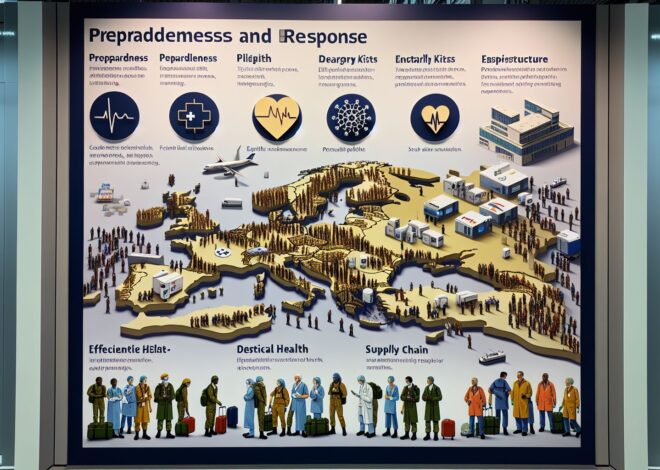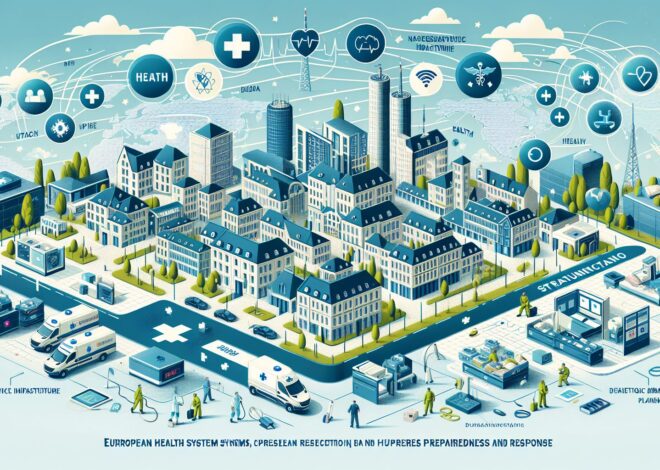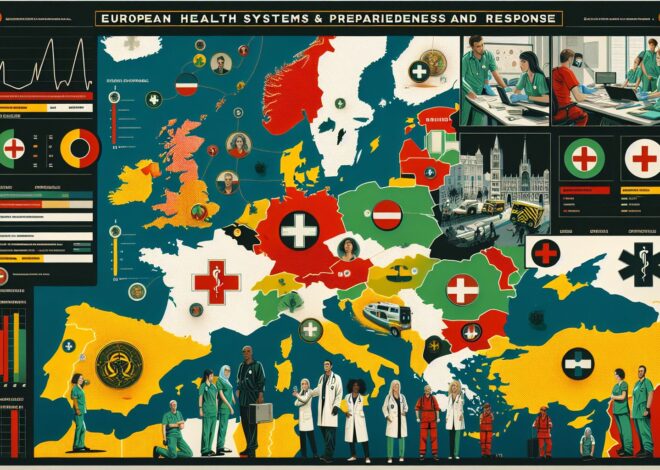
Ensuring the Preparedness and Response of European Health Systems
In recent times, the resilience of healthcare systems around the world has been put to the test like never before. The outbreak of the COVID-19 pandemic has uncovered both strengths and weaknesses in the preparedness and response of European health systems. As we navigate through this challenging period, it is crucial for health professionals, policymakers, and concerned citizens to come together in a united effort to protect the health and well-being of our communities.
Preparedness
Preparedness is at the core of any effective healthcare system. It involves the capacity to detect, assess, notify, and respond to health emergencies promptly and effectively. European health systems have a long history of being well-prepared for a variety of public health crises. However, the magnitude and complexity of the COVID-19 pandemic have exposed gaps in preparedness that need to be addressed.
Health professionals play a pivotal role in ensuring the preparedness of European health systems. They must receive adequate training, resources, and support to respond to emergencies swiftly and skillfully. Policies should be put in place to enhance coordination between healthcare facilities, streamline communication channels, and prioritize the allocation of resources based on the level of need. Furthermore, investments in research and development are essential to improve our understanding of emerging threats and develop innovative solutions to address them.
Response
The response to a health emergency is just as crucial as preparedness. It involves implementing measures to mitigate the impact of the crisis, treat affected individuals, and prevent further spread of disease. The COVID-19 pandemic has demonstrated the importance of a coordinated and proactive response to safeguard public health.
Policymakers play a key role in shaping the response of European health systems to health emergencies. They must enact policies that prioritize the safety and well-being of the population, ensure the availability of essential supplies and equipment, and support healthcare workers on the front lines. Moreover, policymakers should foster collaboration with international organizations and other countries to share best practices, resources, and expertise in responding to global health threats.
Conclusion
In conclusion, the preparedness and response of European health systems are critical in safeguarding public health and well-being. It is imperative for health professionals, policymakers, and concerned citizens to work together to strengthen the resilience of healthcare systems and address any gaps in preparedness. By investing in training, resources, and research, we can enhance our ability to detect and respond to health emergencies effectively.
As we continue to navigate the challenges posed by the COVID-19 pandemic and other emerging threats, let us commit to building a more robust and sustainable healthcare system that can withstand future crises. Together, we can ensure the safety and resilience of European health systems for generations to come.



